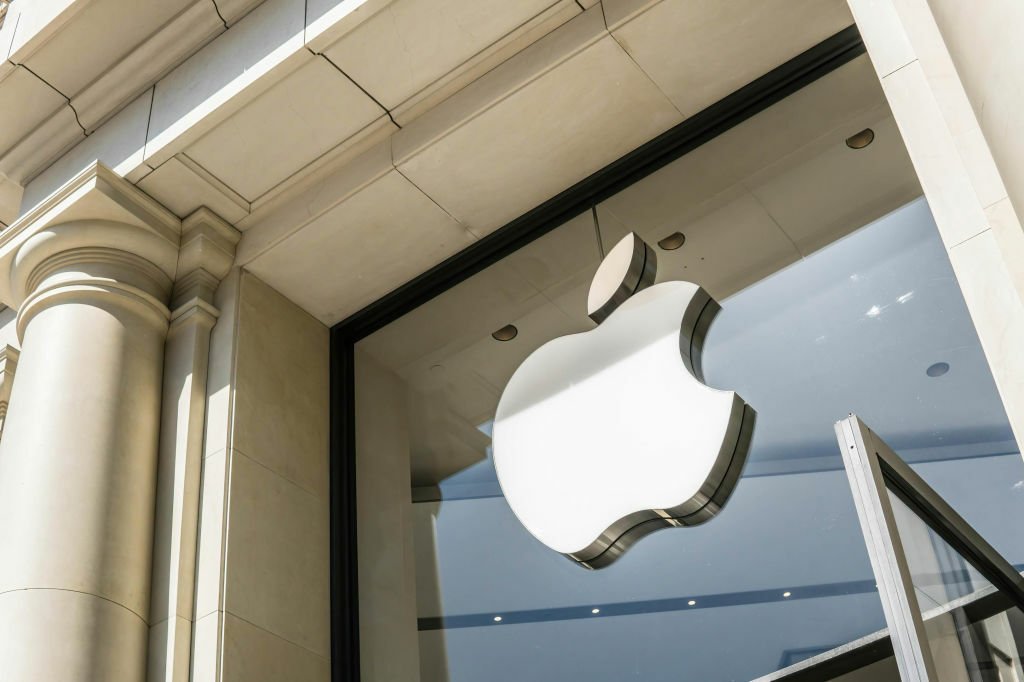
Apple’s first foldable device is likely still a few years away, but that won’t stop the rumor mill from churning out juicy info about it.
The latest news on that front comes courtesy of analyst and prolific predictor Ming-Chi Kuo. According to Kuo, Apple is testing the Electronic Paper Display (or EPD) technology developed by Chinese firm E Ink for the outer display on the rumored foldable device. This EPD tech is apparently relatively light on power consumption, making it ideal for foldable displays.
To be clear, Kuo says this is being tested for an outer display on a hypothetical foldable device. In other words, unfolding the device would theoretically reveal a larger inner display, possibly made from a different display technology than EPD. Of course, since Kuo says Apple likely won’t launch this device until 2025 at the earliest, it’s impossible to say for certain what it looks like or what features it will have.
The only other piece of info to go on, per Kuo, is that the device will likely have a display size of around nine inches, putting it somewhere between an iPhone and iPad. Whether it would work more like a tablet or come with phone features like a SIM card slot and 5G support remains to be seen.
Foldable phones have been on the market for a couple of years now, but there’s been little reason to believe they’ll overtake traditional fixed displays anytime soon. The most noteworthy releases so far would arguably be Samsung’s Galaxy Z Fold and Z Flip devices. Both of which more or less work as intended, but also cost at least $1,000 (or closer to $2,000 in the Z Fold’s case) and are more novel than transformative. That said, Samsung said in December that it sold four times as many foldables in 2021 than it did the previous year, so there does seem to be some demand for these devices, even as they experience growing pains.
Hopefully, by 2025, foldable devices will be more than expensive gimmicks. If not, Apple might have to be the company to prove the concept’s worth.
